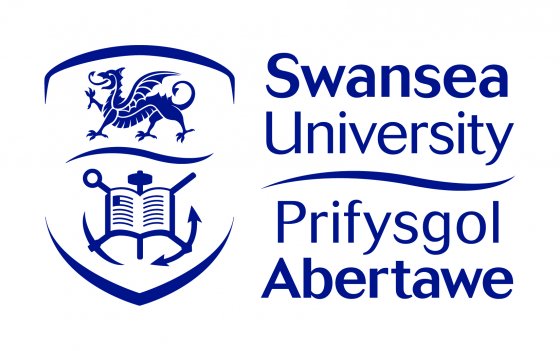Research Scholarships
ENERGY INNOVATION: FULLY FUNDED KESS II MSC BY RESEARCH SCHOLARSHIP: ELECTROCHEMICAL GROWTH OF CARBON NANOTUBES FROM WASTE CARBONS
The general principle is to understand the parameters associated with electro-organic synthesis of carbon nanomaterials from solvent-based systems, where the solvent is an acid media. Acid media is required for dissolving certain plastics and rubber, and it is commonly found that food waste will degrade and form into an acidic solution with time. TrimTabs hold IP on the process of reusing plastics as a carbon feedstock for the manufacture of carbon nanotubes. They wish to develop new IP dealing with the use of a broader class of carbon sources. The company have the motto of “no carbon left behind” and so they need to know the processes that can be employed to convert the most amount of carbon materials as possible. Carbon is the main material input, typically in the form of hydrocarbons sourced from fossil fuels. Prices of hydrocarbons are known to fluctuate, so it is important to have flexibility in the supply chain for long-term considerations. Being pegged to one particular carbon source could become a costly handicap. For this reason, it is a worthy challenge to establish chemical protocols that allow for flexibility within the supply chain, especially when the history of oil prices and global geopolitics are considered. For this reason, various carbon sources will be continuously investigated. But due to immediacy of global climate change, and the environmental impact of waste plastics, rubber tyres, and food waste; then these materials are being tested as a first source to investigate.
This work could lead to greater understanding of the reaction mechanisms by which nanotubes are made. Control over critical parameters such as solubility, pH, and blocking moieties for example is easier to accomplished in the liquid phase at room temperature. Additionally, at room temperature kT is lower compared to CVD technique (700-1200 °C), to such a degree that reaction rates are decreased, and fewer competitive reaction pathways exists. Moreover, chemical mechanisms become more easily ratified by use of highly controlled and specific working potentials in the electro organic system.
TrimTabs is technology research company with IP detailing the process of carbon nanotube synthesis from mixed plastic materials. As TrimTabs expands operations their intention is to build a series of pilot plants in the Welsh region and to employ from the local community. They have developed the motto of “no carbon left behind” as a working philosophy. This philosophy drives their innovation towards being a responsible manufacturer of speciality materials.
The student will receive all safety and health training for working with nanomaterials. They will receive all necessary instrument training to deal with materials characterization and measurement.
The student will receive training using spreadsheets and other relevant simulation software as required.
For more information click "LINK TO ORIGINAL" below.
This opportunity has expired. It was originally published here:
https://www.swansea.ac.uk/postgraduate/scholarships/research/energy-innovation-kess-msc-research-electrochemical-growth.php
